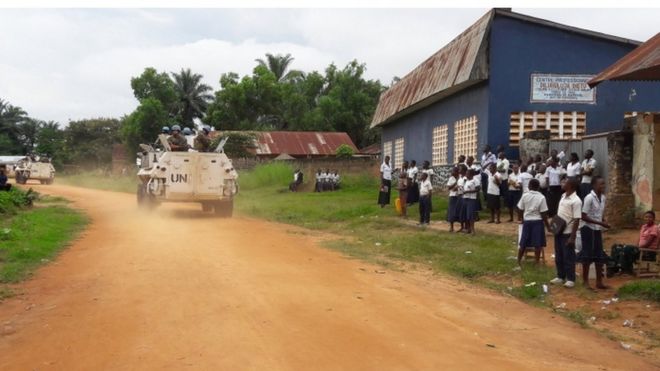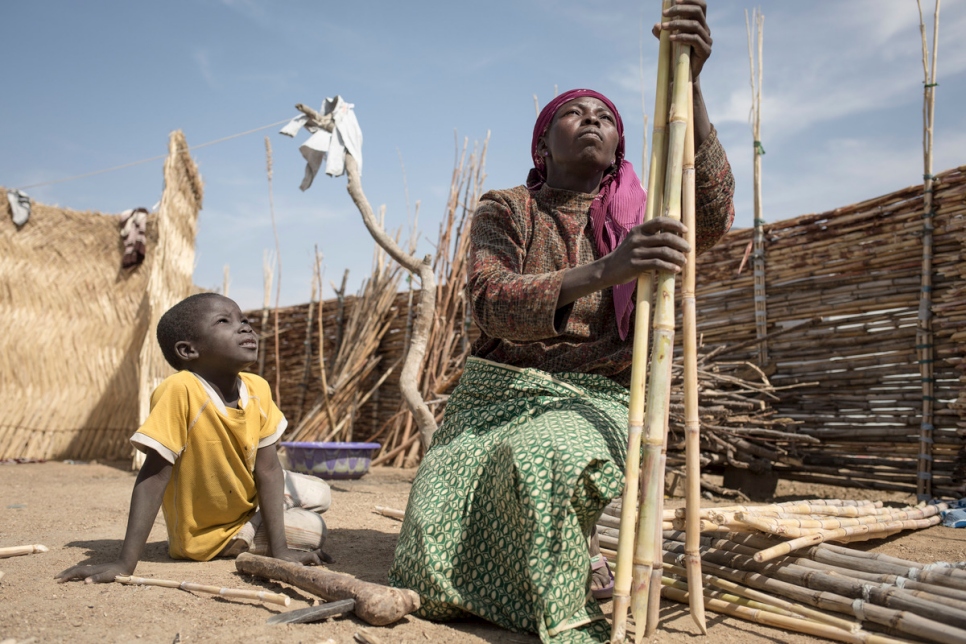By Samantha Netzband
Impunity Watch, Africa Desk Reporter
LUSAKA, Zambia–Zambia opposition leader Hakainde Hichilema has been charged with treason after interfering with the presidential motorcade. Hichilema was traveling in a convoy near the President Edgar Lungu’s motorcade. Hichilema’s motorcade refused to move for President Lungu’s convoy and President Lungu’s convoy subsequently tried to overtake Hichilema’s motorcade. Zambian police claim that Hichilema endangered the life of the President by refusing to pull over.
Zambia opposition leader Hakainde Hichilema. (Photo Courtesy of Al Jazeera)
In Zambia, treason is a severe offense and the accused cannot be released on bail. The charge also carries a minimum sentence of 15 years in prison. Police chief Kakoma Kanjanga made a statement regarding Hichilema’s arrest. “It has been established that the opposition leader disobeyed police orders to clear the way, thereby putting the life of the head of state in danger. We have today jointly charged and arrested Mr Hichilema and five others with treason.” Kanjanga continued by stating “I wish to reiterate that the actions by the opposition leader were unreasonable, reckless and criminal. Therefore members of the public are being warned that as police we are not going to watch such kind of behavior by any person, irrespective of their status,” he added.
Hichilema narrowly lost the Zambian presidency to President Lungu last year. Many in Hichilema’s party, the United Party for National Development (UPND), do not see Lungu as the legitimate president of Zambia. Tensions are rising between parties as the details of Hichilema’s arrest are reported. Armed police raided Hichilema’s home during the night of Tuesday April 11th. Hichilema was subsequently arrested and detained.
For more information, please see:
Al Jazeera – UPND Leader Hakainde Hichilema Charged with Treason – 13 April 2017
BBC Africa – Zambia Police Hichilema over motorcade clash – 12 April 2017
Bloomberg Politics – Zambian Police Charge Opposition Leader Hichilema With Treason – 12 April 2017



